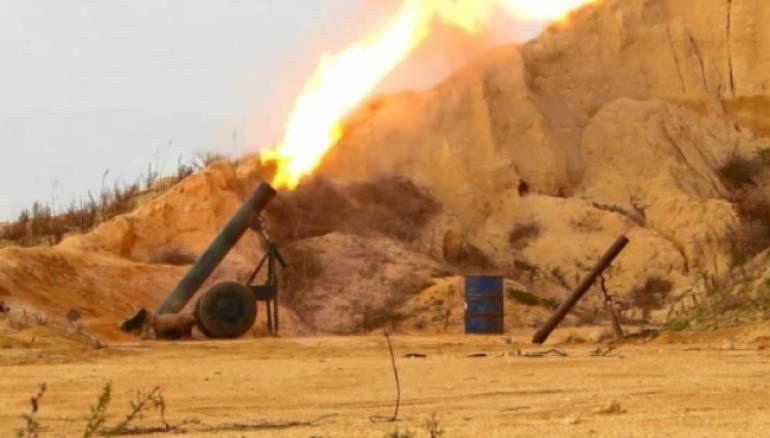Risk scenarios in the south of Syria
Marzo 26, 2018

Amer Al Sabaileh
Director of Security Languages - Senior political and security analyst
During the Syrian crisis, the southern front was of most concern to Jordan and compared to the rest of the country, that area has remained relatively stable. This was achieved through cooperation with both Russia and the US in creating a de-escalation zone, which was used as the model to stabilize the rest of the country. However, the current escalation and the possibility of US military entering Syrian soil, the threat of the southern front is increasingly a concern for Jordan.
The ongoing battles in the north of Syria have broader regional dimensions and are at constant risk of escalation. Meanwhile, this is driving certain Jihadi element to the south of the country where it is more stable. Many of these groups are reportedly competing to be the successor to ISIS and they are regrouping, recruiting and strengthening, and the border with Jordan might be a very potential target. Last Monday, the UN envoy to Syria, Stefan De Mistura, highlighted the risk of a catastrophic partition of Syria and return of Daesh when he said, “without an inclusive political process, including those who are excluded, particularly the majority, the Sunnis, Daesh will come back.”
While most of the major stakeholders in Syria have agreed on the outline of a political roadmap, there is a lack of common vision for a sustainable solution. The war for interests in Syria is leading many countries to change their tactics on the ground. De Mistura’s calling out of the risks really brings this stark reality to the fore. He also recently told an audience at Geneva’s Graduate Institute, “the truth is that a soft, long-term partition of Syria, which (is) the one that we are witnessing at the moment, in different areas of control, will be a catastrophe, not only for Syria but for the whole region.”
Jordan’s key interest is in national security, and therefore the stability of the southern front. As the ongoing fighting continues, the risk of violence and instability spreading to the south increases which will likely lead to a new wave of refugees pouring over the border and the violence and conflict with it.
Jordan’s main allies of the US and UK appear to have adopted an aggressive military approach in Syria, while Israel’s key interest is eliminating Iranian and Hezbollah presence in the southern areas. Combined with the increased terrorist activity, the southern parts of Syria are unlikely to maintain the stability that is currently enjoyed, and Jordan will need to face military and terrorist threats while refugees flood over the border.
Dr. Amer Al Sabaileh
What's Your Reaction?
Excited
0
Happy
0
In Love
0
Not Sure
0
Silly
0
Amer Al Sabaileh
Director of Security Languages - Senior political and security analyst
